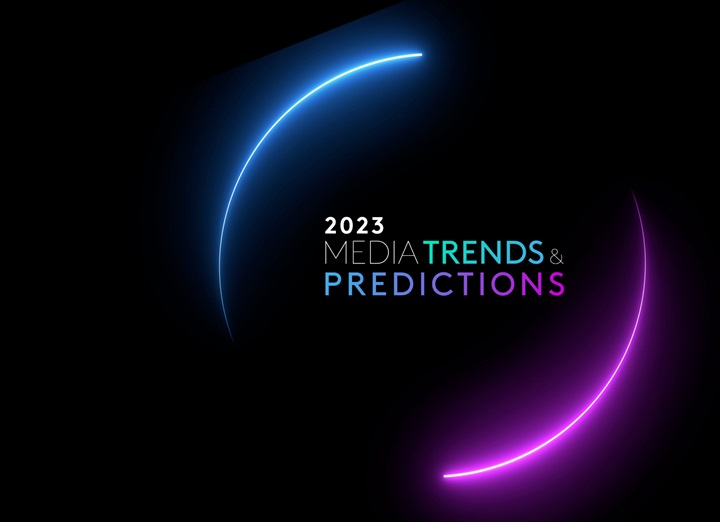Media companies need to reach, engage and keep their audiences in a fast-changing market... as the gaps in understanding the total audience continue to grow. Investment in how people are consuming content is no longer enough; it’s crucial to understand the audience behind the screen too. How can you effectively target your audience and yield maximum returns on your investments if you don’t know who it is you’re reaching?
Media companies continue to diversify and expand their platforms as linear TV viewing fragments to other forms. While broadcasters have experienced record viewing levels this year – with a 19% peak uplift for UK linear TV in April compared with 2019* – they’re also expanding video-on-demand (VOD) offers to ensure audiences can access their premium content whenever, wherever and on whatever screen they want.
These broadcaster VOD services have accounted for a disproportionate part of total reported viewing growth during lockdown compared with linear. The UK online share of total time spent for 20–49-year olds increased from 4% to 7% during April 2020**. The audience is always in the driving seat.
Increased togetherness
TV has always aided togetherness, but households spending more time together during ‘stay-at-home’ measures meant more watching TV together, delivering an uplift in all TV and video viewing. In Norway, according to our TVOV measurement, linear co-viewing increased from 50% to 54%, and broadcaster player co-viewing from 57% to 68%. Netflix enjoyed a 10% uplift in home co-viewing on a TV set to 56% during lockdown, while YouTube co-viewing on a TV set increased from 32% to 36% .
Battles intensify for audience share
Increased competition is intensifying the battle for audience share. Some 25% of Norwegians aged 20–49 watched content on broadcaster players Netflix and YouTube across an average week in May. Although this reduced to 21% in September, it’s still a significant proportion watching content on all three services. With continued competition in the subscriber VOD space and significant audience overlap across all VOD services, the challenge for media owners trying to drive and keep audiences is real.
2021 outlook: what’s next?
Although viewing trends have gradually returned to pre-lockdown levels, co-viewing is still prevalent, and we predict the audience overlaps between streaming platforms will grow.
Media trading currencies must reflect the reality and totality of audience behaviour. Content providers and platforms must work together in response to changing audience behaviour to ensure media planning and buying is based on the totality of the audience. This is ever more pressing as media companies like Disney move their streaming business to the heart of their growth strategy.
Measurement across all screens and platforms must be taken seriously to understand viewer migrations. With increased competition for viewers’ limited time and wallets, all content providers and platform owners will find richer value in a total view of their audience.
We are increasingly transforming Kantar’s TV audience measurement services into holistic cross-platform Total Video solutions, and continue to collaborate with all industry stakeholders to provide a deeper understanding of the audience behind the screen.
Download Media Trends and Predictions 2021 to explore findings that can help you build richer connections with your audience, your consumers and your clients, to drive business growth through 2021 and beyond.
Notes
*BARB
**BARB Week 13 – 17 (23/03/20 – 26/04/20)


